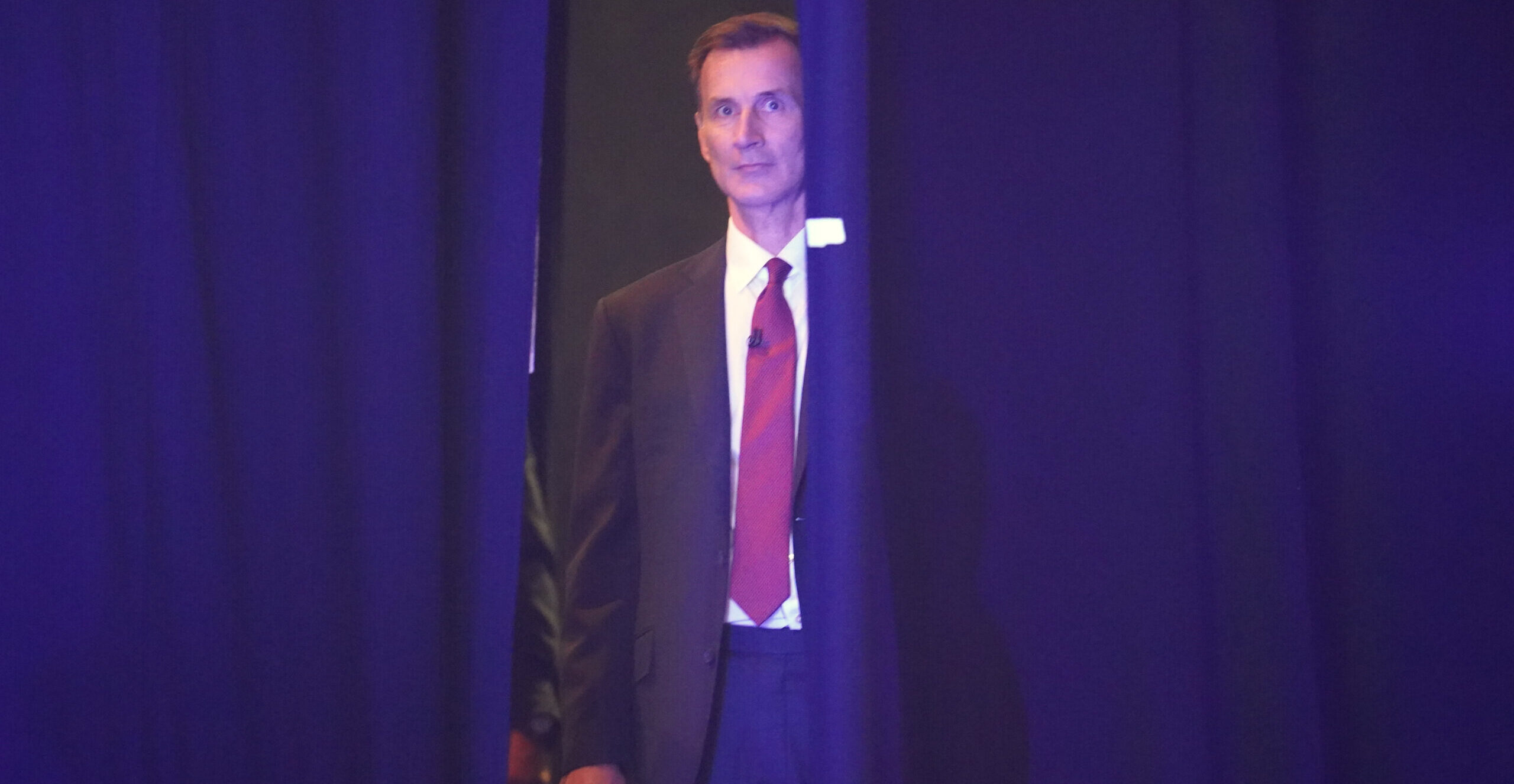On Wednesday, after a month of rallying, the UK ten-year gilt bottomed at just over 4.05%. Almost instantaneously, Chancellor of the Exchequer Jeremy Hunt stood up in the House of Commons to present his Autumn Statement. In it, he delivered the news Tory backbenchers and their voters had long been awaiting: thanks to the leeway the Government had managed to deliver itself with its fiscal prudence, he would be able to start cutting taxes. Not much, admittedly, but hopefully enough for the Conservatives to enter an election claiming to be back on track.
But as Hunt was speaking, bond yields began rising. By the time he was done, they were up 10 basis points, or a tenth of a percent. The next morning the trend continued, and Thursday ended with the ten-year bond yield above 4.25%, a full 20 basis points higher than Wednesday’s trough. So whatever gains the Government may be hoping to score with its supporters, bond markets seem to be delivering a vote of no confidence.
It’s nothing like the Truss-Kwarteng meltdown of a year ago. But then, nothing could ever rival that. Last year’s ill-fated mini-budget delivered massive tax cuts and huge spending rises, all while dispensing with any accounting to the Office of Budget Responsibility and instead asking for a huge “trust us” from investors. Famously, they didn’t place much stock in the Government’s wonky accounting.
Stung by this experience, the Chancellor stayed well within the accounting limits set by the OBR. But if his ask of bond investors was considerably more modest than last year’s, there’s still an appeal for trust in the fine print of his budget, one which appears to be unsettling them. Most of the fiscal space the Government claims to have given itself results from real-term cuts to public spending it says it will make in the future, its plan being to raise much departmental spending more slowly than inflation. To make things worse, that “future” happens to be after the next election.
In effect, it’s saying it will hand out money today which it will then claw back after the election. But it’s hard to believe any government will actually deliver on these promises. Polls consistently reveal a public clamouring for improvements in public services after years of austerity-induced erosion, from policing to health care. What’s more, the last round of austerity, initiated by George Osborne, followed years of Government largesse. Even at that, the policy proved deeply unpopular. In consequence, Boris Johnson campaigned for the 2019 election in no small measure on a pledge to end austerity.
It’s hard, then, to picture the Government campaigning on a platform of further degrading public services. It talks of raising public-sector productivity, but doesn’t really say how it will do this. As the Institute of Fiscal Studies put it, this “does not feel like a recipe for good management of the public finances”.
After the relief that greeted the return to boring stability last year, as Rishi Sunak entered Downing Street, bond investors may now be judging that this might not be a bankable government after all. If so, that could cause it headaches in the New Year. The narrow wiggle space the Government has left itself means that even modest changes in forecasts could derail its plans. If bond yields continue to rise, the plans may come due for revision before the election arrives, forcing the Government to water down its pledges.
So keep an eye on the bond markets. Things could yet get rocky.











Join the discussion
Join like minded readers that support our journalism by becoming a paid subscriber
To join the discussion in the comments, become a paid subscriber.
Join like minded readers that support our journalism, read unlimited articles and enjoy other subscriber-only benefits.
Subscribe